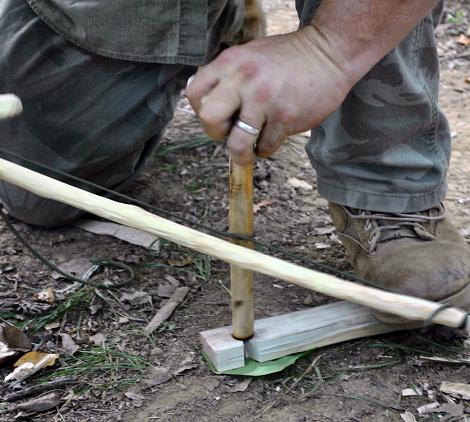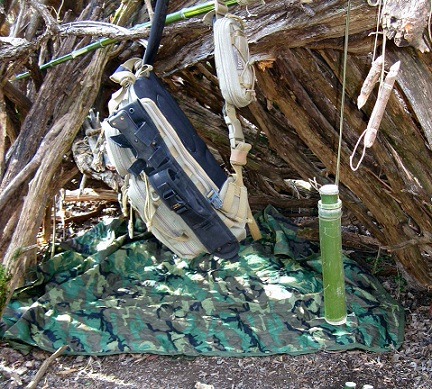Southeast Wilderness Survival
aaaaa
SURVIVE: To remain alive or in existence, to endure, to live on.
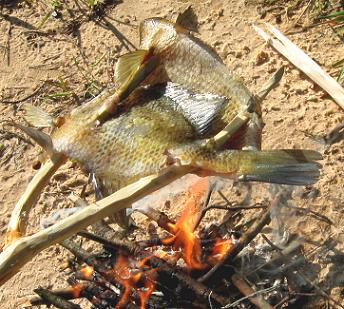
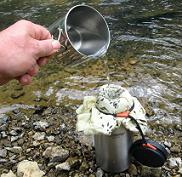
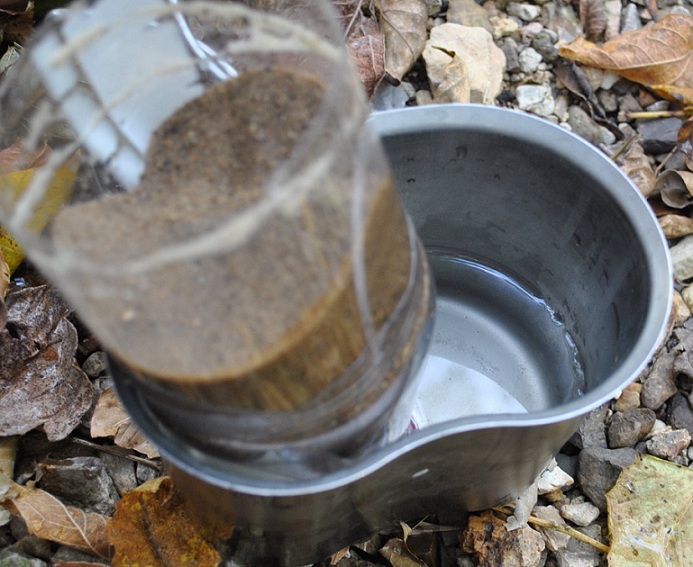
In our modern urbanized lives the simple act of surviving is actually quite complex, and has many facets. There are the physical challenges of surviving the daily commute to and from work without becoming another statistic, and many of us work jobs that put our lives on the line on a daily basis. In many cities just simple a trip to a local store at night is fraught with danger, and even the very air you breath is a threat to your survival. Then when you add in the "out-of-sight-out-of-mind" threats such as our local chemical plants, nuclear power plants, even our train yards, and the big trucks on the road transporting hazardous materials most of us are ever closer to danger than we would prefer to be. There is the psychological survival that is involved in dealing the the stresses of the day to day rat race and keeping up with the schedules that life and ourselves have set, and meeting all of our deadlines. On top of that there is the ever present struggle to maintain economic survival in our complicated balancing act of keeping the inward flow of finances only marginally lower than the outward flow.
In a sense wilderness survival is much less complicated. Out in the wild places of the world life gets broken down into the most basic needs. Although there are circumstances that can complicate things, basically the human body needs four things to survive; air, water, shelter, and food. We are, much like the planet we live on, made of roughly 75% water, it is a requirement for survival and more often that not at the top of the list in the hierarchy of needs in survival situations. The human body, for all of its resilience is somewhat fragile, and unlike other mammals we are no longer naturally equipped to handle the harsher elements of the natural environment. We do not have fur pelts to keep us warm and dry. Shelter, at least a rudimentary one, is a necessity to survive in all but the mildest of weather conditions. We do need food to replenish our energy stores and maintain strength, however the human body can survive much longer without food than without water, or even without shelter in a frigid environment. Early studies showed that a healthy human body could survive 3 weeks without food and helped to create the "Rule Of 3s". That is to say the human body can survive 3 minutes without air, 3 hours without shelter (in a cold or dangerous environment) 3 days without water, and 3 weeks without food. Current studies show that a healthy human body can survive up to 40 days without food and not suffer and severe consequences. It is because of this that food will in most cases be low on the list of priorities in the hierarchy of needs in a survival situation. While there are tutorials on ways to catch, process, and cook fish, fowl, and game included in the following pages, it should be remembered that the primary objectives in any survival situation are to live through it, and to extricate yourself from it as quickly as possible. To that end my primary focus will be on methods for collecting and purifying water, fire lighting, shelter construction, land navigation, and signalling.
For me personally this has been a lifelong study, and is still one of my deepest passions to this day. My hope is that by sharing this knowledge I can help others to avoid some of the dangers I have faced, mistakes that I have made, and situations that I was fortunate enough to live through with only minimal permanent damage and scarring. If the information contained in these pages saves just one life, or prevents just one person from suffering the the long lasting and often severe damage of cold weather injuries then it will have been worth all of the time that it took to put it together. I hope you enjoy the material you are about to read, but even more importantly I hope you take something away from it with you when you are done.
Brian
